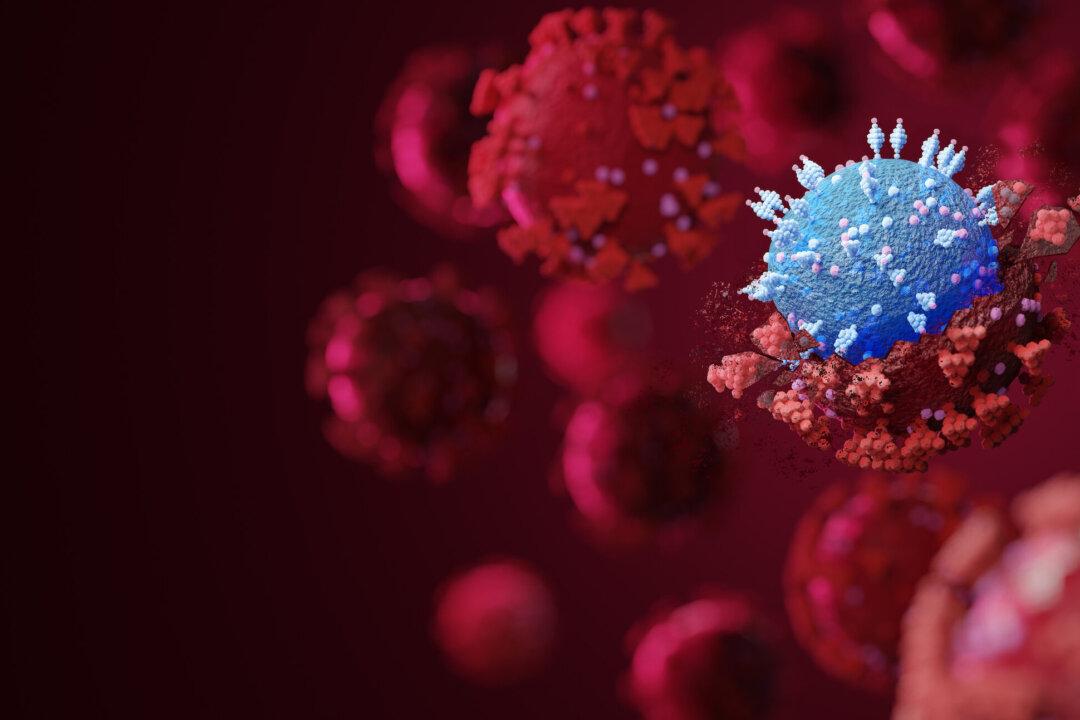The latest installment in the COVID-19 saga is a variant of the SARS-CoV2 virus dubbed omicron. Labeled a “variant of concern” by the World Health Organization (WHO), omicron was first reported at the end of November, and quickly triggered worry and restrictions across the globe.
Omicron was first noticed in South Africa, but cases are now found all over the world, and it’s said to be more contagious than the original COVID-19 strain. Although the South African health minister said symptoms are mild and the reaction toward omicron is being overblown, there are fears that the variant may be far more deadly than the original version of SARS-CoV2.






